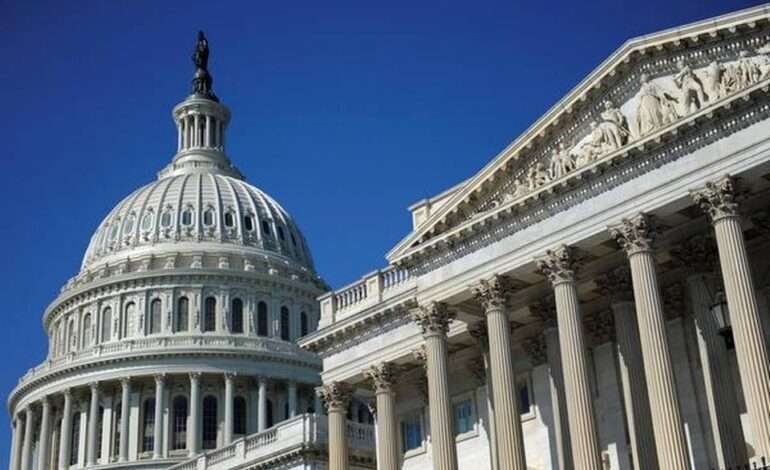
India secures strong US congressional backing amid global realignments: Report
India has emerged as the only South Asian country to consistently receive strong bipartisan support from the U.S. Congress, even as geopolitical polarisation strains global institutions and reshapes international alignments, according to a new report released Wednesday.
The analysis, published by One World Outlook, said this rare degree of U.S. political consensus significantly boosts New Delhi’s diplomatic leverage at major global platforms such as the G20 and the United Nations. It also enhances India’s ability to co-lead global conversations on digital governance, energy transition, climate resilience and other critical 21st-century priorities.
The report highlighted that the bipartisan resolution introduced on November 17 by U.S. Representatives Ami Bera and Joe Wilson was far more than a symbolic gesture. The timing — amid wars in Europe and the Middle East, persistent tensions in the Indo-Pacific, and growing fractures in global governance — underscores India’s position as a stable pillar within Washington’s foreign policy framework.
In an era where bipartisan agreement in Congress is uncommon, the resolution drew 24 co-sponsors from both parties. According to the report, this signals a “remarkable convergence”: India is not viewed merely as a partner of convenience, but as a partner of strategic intent.
“This political continuity provides India with something few emerging powers enjoy — predictability,” the outlet noted. “It assures New Delhi that long-term cooperation on defense integration, supply chain diversification, and technology partnerships will endure across future U.S. administrations.”
The report further stated that the resolution’s emphasis on India’s role in the Quad reflects Washington’s acknowledgment of India as a key balancing power in the Indo-Pacific. As China expands its naval presence and border tensions persist along the Himalayas, this congressional reaffirmation strengthens India’s deterrence posture.
Analysts expect deeper military collaboration, including expanded joint exercises under the COMPACT framework, greater interoperability, and accelerated co-development of advanced defense technologies. Potential platforms include next-generation jet engines, unmanned aerial systems and cyber-defense architecture. These initiatives, the report said, indicate a shift from transactional defense deals to long-term strategic trust.
The report argued that the bipartisan resolution is less about restating existing ties and more about “recalibrating the possible.” If both nations transform this momentum into practical outcomes — including co-innovation ecosystems, resilient supply chains and cutting-edge technological collaboration — the coming decade could mark not only an era of strategic alignment, but one of strategic ascendancy for the U.S.-India partnership.